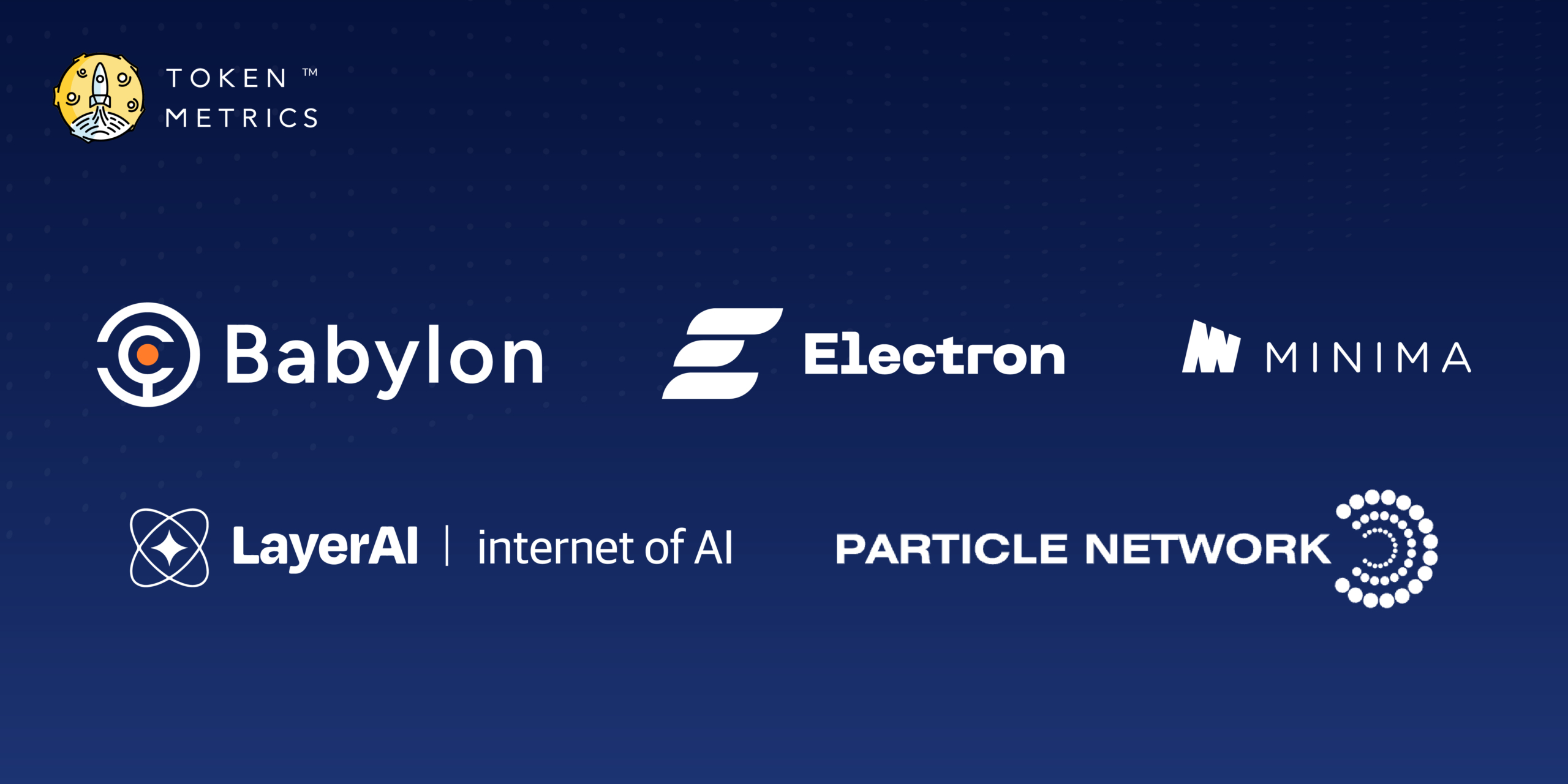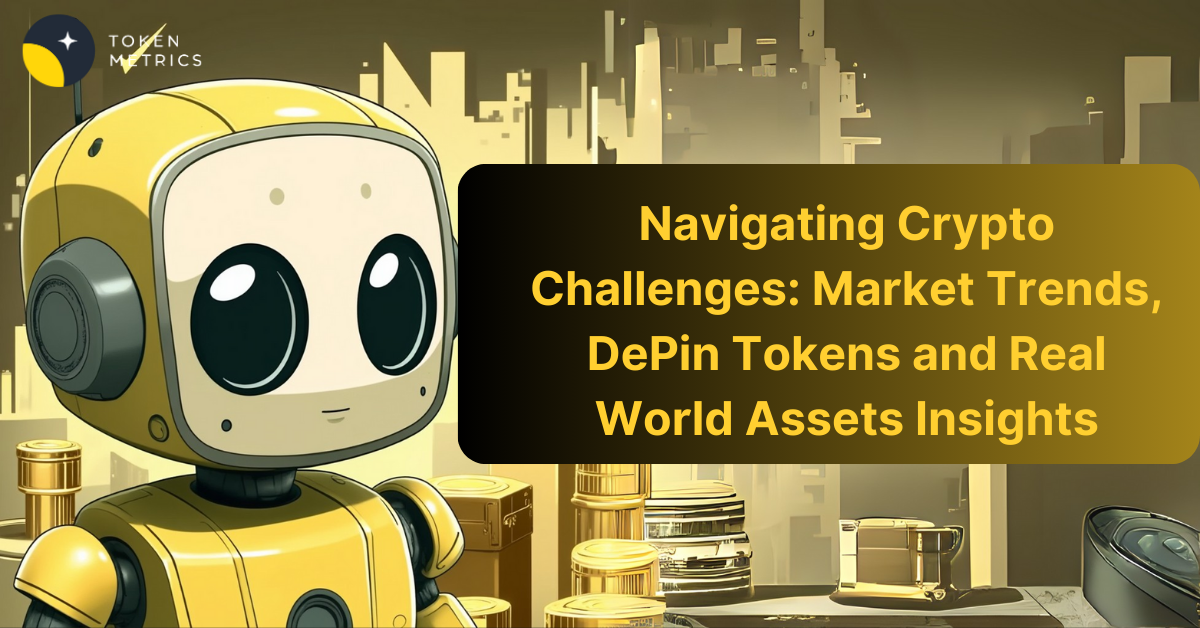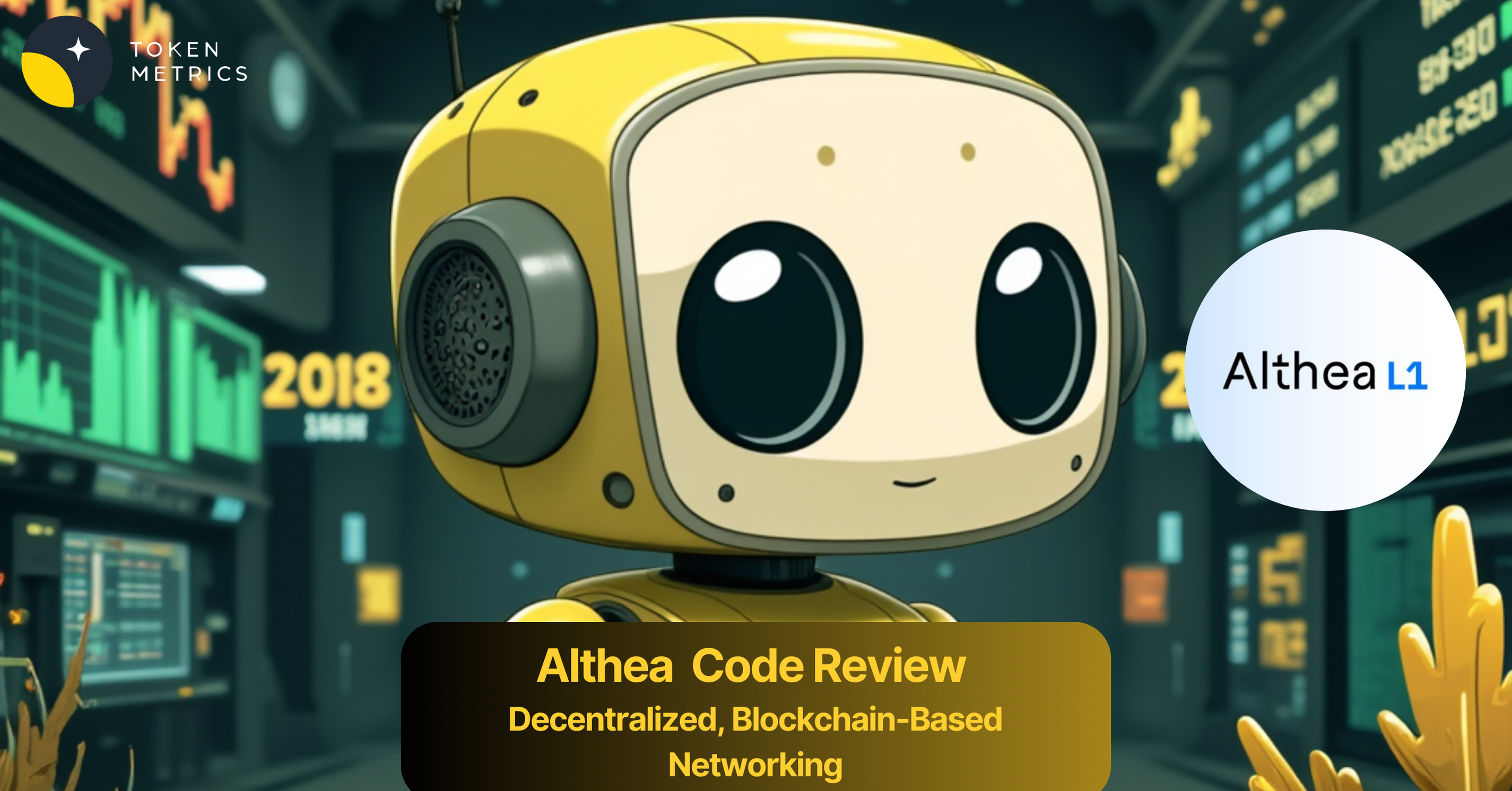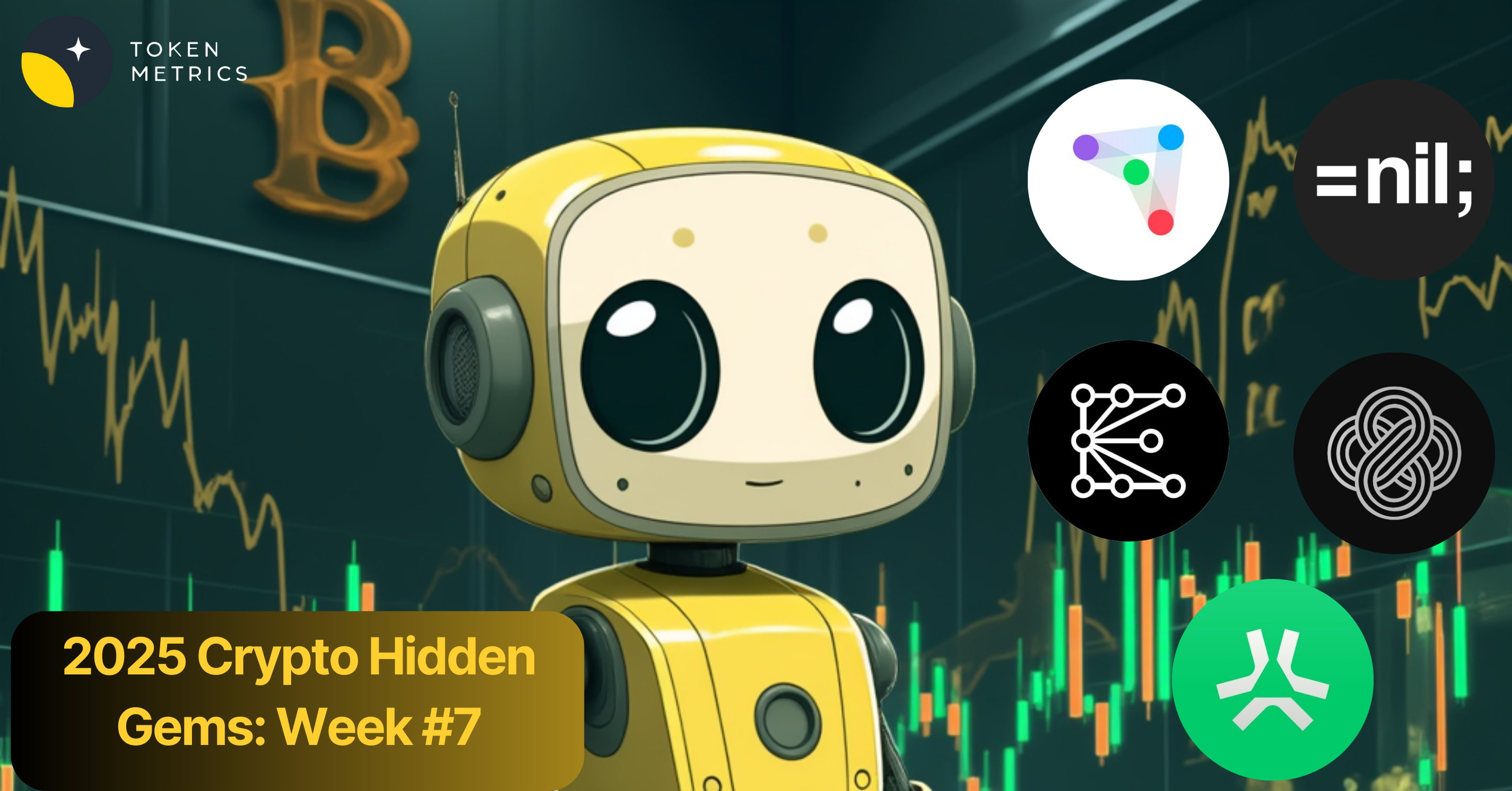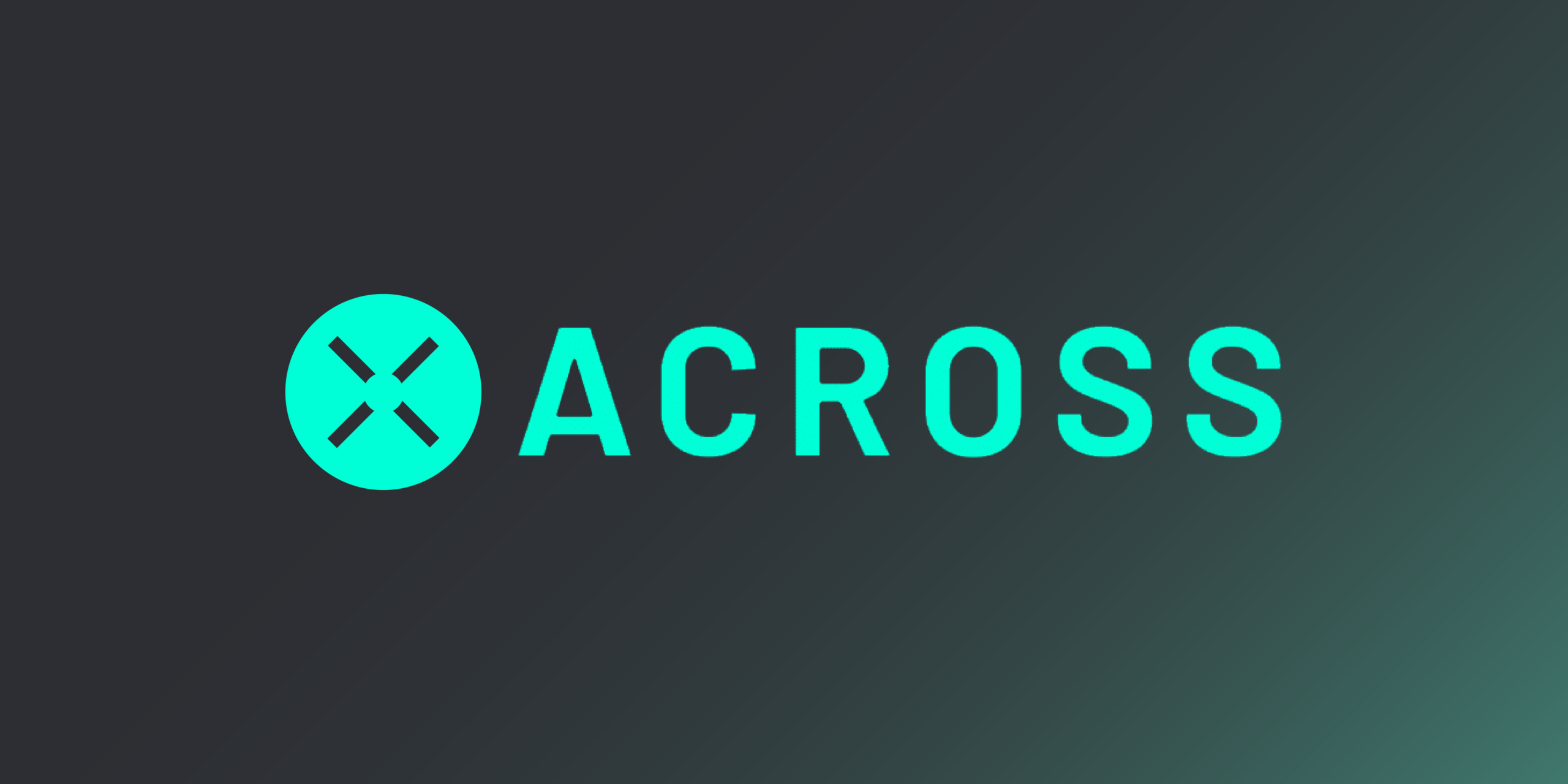TOKEN METRICS WATCHLIST
We scored many projects this week. Here are a few you should know about:
- Babylon
- Particle Network
- Electron
- Minima
- Layer AI
Please remember that some of these projects must still be subjected to our code review process. Still, we want to call them out here for preliminarily catching our eye based on our fundamental analysis process.
Babylon- 77.08%

Website | X(Twitter)
Sector – Bitcoin Staking
Status – Active
Babylon has unveiled a Bitcoin Staking Protocol to leverage Bitcoin’s potential for securing decentralized economies. The protocol aims to unlock the 21 million bitcoins for staking, offering holders a secure means to earn yields from idle bitcoins.
Through a self-custodial process, bitcoin holders can lock their bitcoins to gain rights to validate Proof-of-Stake (PoS) chains and earn yields in return. Babylon’s protocol features fast, unbinding, and scalable restacking capabilities, ensuring that bitcoin stakes enjoy maximal liquidity and yields.
Features
- Fast Unbonding and Scalable Restaking – Babylon’s Bitcoin Staking Protocol introduces several key features to enhance the staking experience for Bitcoin holders and secure decentralized economies. One of its primary features is fast, unbinding, and scalable restocking, which ensures that bitcoin stalkers have access to maximal liquidity and yields. This feature allows users to unlock the potential of their idle bitcoins easily.
- Modular design – Another notable feature of Babylon’s protocol is its modular design, which enables compatibility with various Proof-of-Stake (PoS) chains. This modular approach is a plug-in solution for enhanced security, making it easier for different blockchain networks to integrate seamlessly with Babylon’s protocol.
- Bitcoin Security Sharing Protocols – Additionally, Babylon implements three innovative security-sharing protocols to enhance Bitcoin’s security capabilities. The Bitcoin Timestamping Protocol provides succinct and verifiable timestamps of data, which helps strengthen integrity and security, particularly against long-range attacks. The Bitcoin Staking Protocol allows Bitcoin to provide economic security to decentralized systems through trustless staking, enabling PoS chains and decentralized applications (dApps) to opt-in for Bitcoin-backed security. Lastly, the Bitcoin Data Availability Protocol ensures data availability on the Bitcoin network, further enhancing security and reliability across the ecosystem.
Babylon has 430k people on their waitlist for Phase 1 and has partnered with 31 chains, showcasing it’s strong traction.
Investors
The Investors in Babylon include Binance, Polychain Capital, Hack VC, Framework Ventures, Polygon Ventures, Castle Island Ventures, OKX Ventures, Finality Capital, Breyer Capital, Symbolic Capital and IOSG Ventures.
Particle Network- 66.67%
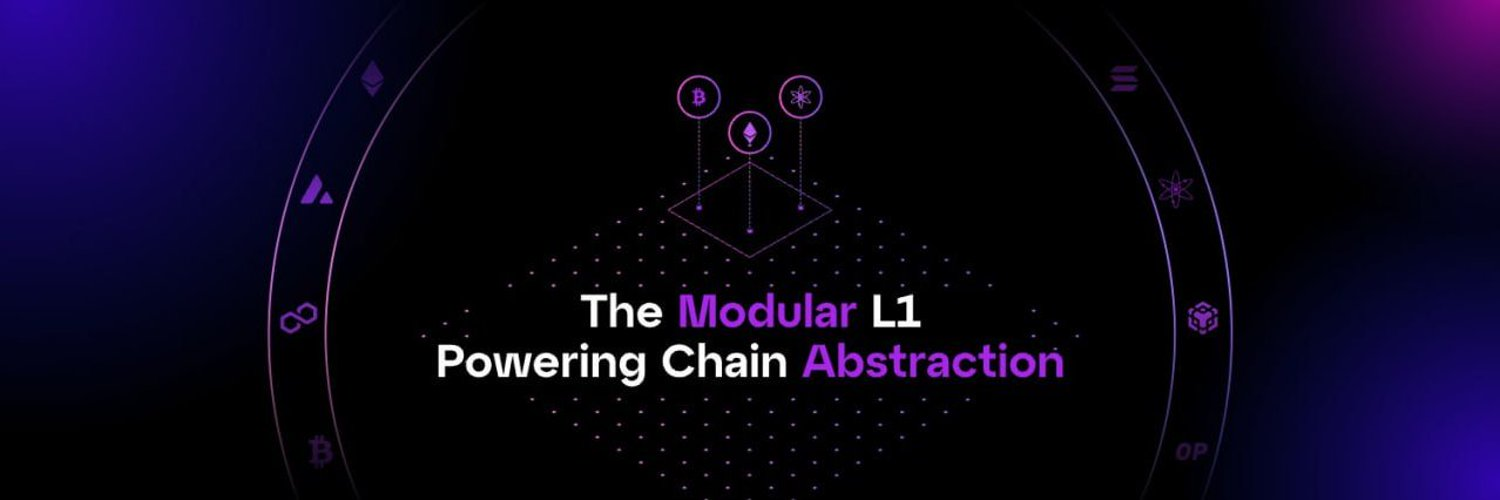 Website | X(Twitter)
Website | X(Twitter)
Sector – Cross-Chain Protocol
Status – Active
Particle Network is a cutting-edge, intent-centric, modular access layer designed for Web3. It incorporates Particle Network’s innovative Modular Smart Wallet-as-a-Service, Confidential zkStack, Omnichain Account Abstraction, and Intent Fusion Protocol. Our overarching goal is to expedite the global transition into the cryptoverse, offering advanced solutions for the evolving digital landscape.
Particle Network’s innovative approach centers around its modular L1 blockchain, specifically engineered to enable chain abstraction and synchronize Universal Accounts across chains. This design effectively abstracts wallets, gas, and liquidity fragmentation complexities. By leveraging the Cosmos SDK for intrinsic modularity and the Cosmos Inter-Blockchain Communication (IBC) protocol for interoperability, Particle Network’s L1 enables cheap and fast cross-chain transactions.
Particle Network’s Modular L1 architecture is intricately crafted to ensure seamless operation. The Master Keystore Hub is a central coordinating entity for smart contract deployments and updates, guaranteeing state parity across networks. The Decentralized Messaging Network (DMN) and Decentralized Bundler enhance cross-chain communication and transaction processing. Additionally, BTC Connect introduces the EVM-compatible ERC-4337 AA protocol for Bitcoin, further expanding interoperability within the Particle Network ecosystem.
Investors

Electron – 64.58%
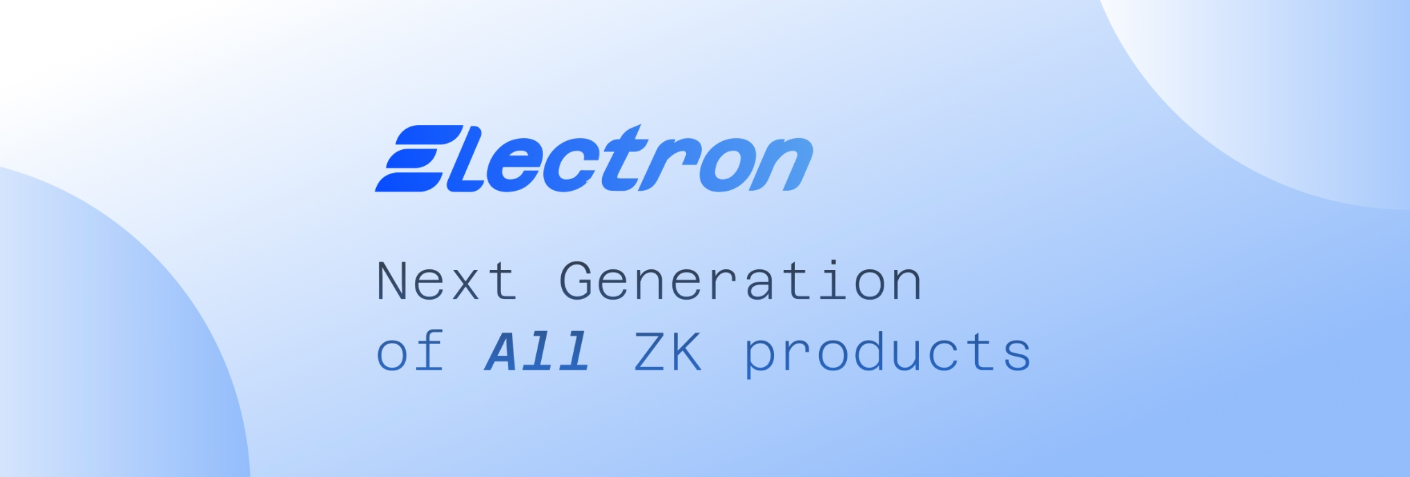 Website | X(Twitter)
Website | X(Twitter)
Sector – Zero Knowledge
Status – Not yet launched
Electron Labs introduces the next generation of zk products, leveraging zero-knowledge proofs and its own creation for communication and validation. The primary challenge it addresses is the high cost of zk proof verification on the Ethereum network. Electron Labs has developed a novel solution called Superproofs to tackle this issue. These Superproofs and the Universal Proof Aggregator reduce the cost of proof verification by 100 times. The Universal Proof Aggregator combines proofs from various sources, aggregates them, and generates a single superproofs.
Features:
- Cost-Effectiveness: ZK-IBC significantly reduces gas costs associated with verifying blockchain states across chains by consolidating individual ZK-proofs from multiple chains into a single “superproof”. This consolidation spreads out the cost of proof verification, making cross-chain interactions more economically feasible.
- Scalability: Using “Superproofs” allows ZK-IBC to scale by supporting many blockchains without a proportional increase in verification costs or resource requirements.
- Security and Trustlessness: ZK-IBC ensures secure cross-chain communication and validation without compromising security or relying on intermediaries. This feature is essential for maintaining the integrity of decentralized applications.
Electron represents a notable technological advancement in the field of zero knowledge. Their Superproofs significantly reduce the gas costs of verifying blockchain states across chains by consolidating individual ZK-proofs from multiple chains.
Minima- 64.52%

Website | X(Twitter)
Sector – Layer 1/DePin
Status – Active
Minima is a groundbreaking blockchain infrastructure designed for real-world applications. Positioned as a layer1 solution, Minima focuses on providing everyday solutions through its device-native infrastructure. It is uniquely compact and lean, making it suitable for running on any IoT device while offering the versatility to scale physical infrastructure networks. Minima’s technology is compact and quantum-resistant, ensuring security through the active participation of every user on the network. Enterprises stand to benefit from Minima’s lightweight and versatile blockchain, which naturally scales without increasing resource usage.
Decentralized Physical Infrastructure Networks (DePIN) are a key aspect of Minima’s infrastructure. Minima enables functionalities such as edge asset management, data attestation, and secure peer-to-peer messaging by running nodes on every connected device. This approach enhances the efficiency and security of physical infrastructure networks.
Developers find Minima appealing due to its comprehensive documentation, support materials, and open-source code. Additionally, Minima offers an easy-to-use platform for creating and deploying MiniDapps, allowing developers to build applications on the blockchain quickly.
Individuals interested in decentralized and trustless payments can also benefit from Minima. By operating a Minima node, individuals can launch projects, tokenize real-world assets, and validate their transactions, enabling them to participate in the decentralized economy.
Investors
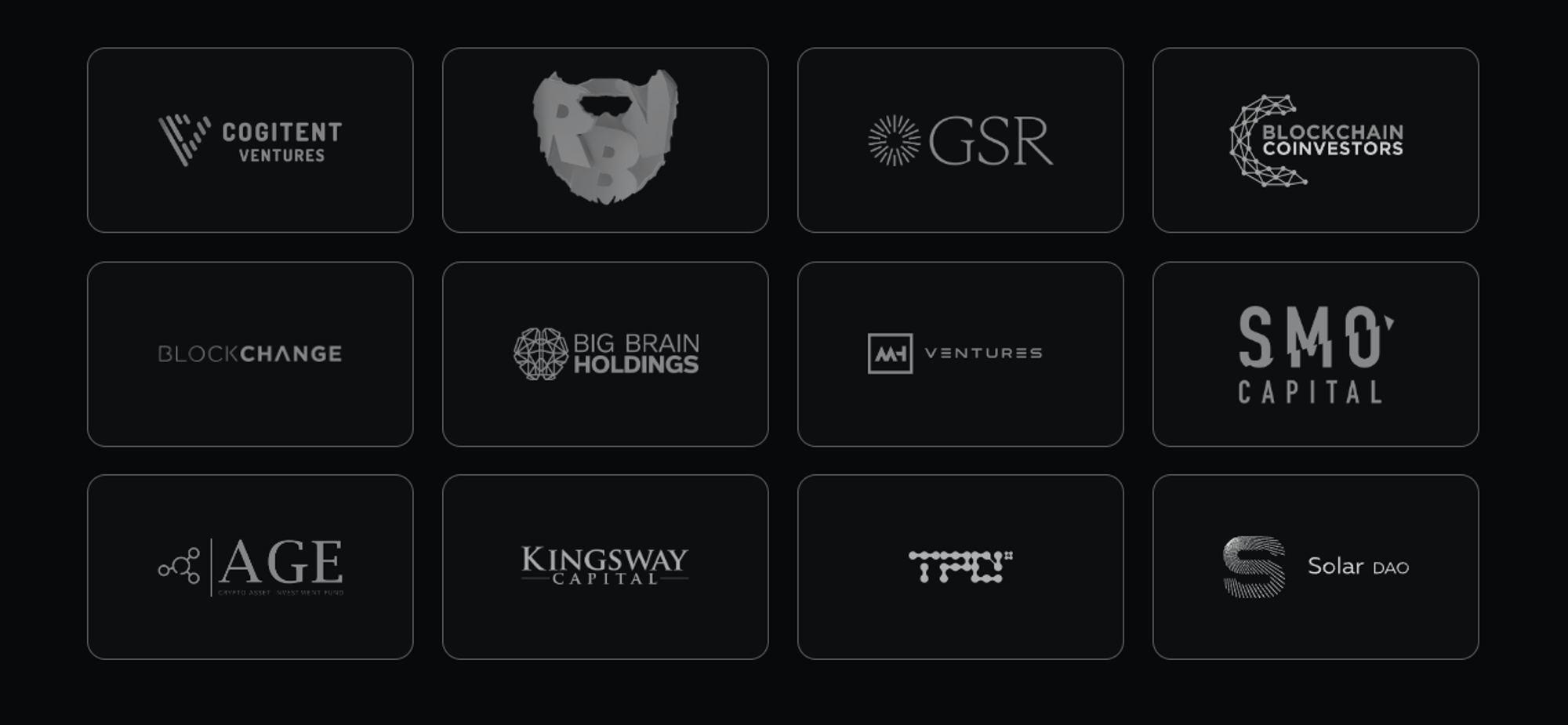
Token
$MINIMA features a hard-capped supply of 1 billion coins. Unlike traditional fiat monetary systems, the supply of Minima coins cannot be inflated. Implementing the Burn mechanism ensures the supply is deflationary, gradually increasing scarcity over time. One of the primary utilities of the $MINIMA coin is its requirement for creating custom tokens or NFTs on the Minima blockchain. These custom tokens and NFTs inherit the same robust security features of the Minima blockchain and can be transacted similarly to Minima coins. The use cases for these custom tokens and NFTs are diverse and are defined by their creators. Additionally, the $MINIMA coin will be utilized for voting purposes within the Minima ecosystem, enabling stakeholders to participate in governance and decision-making processes.
Layer AI- 60.42%
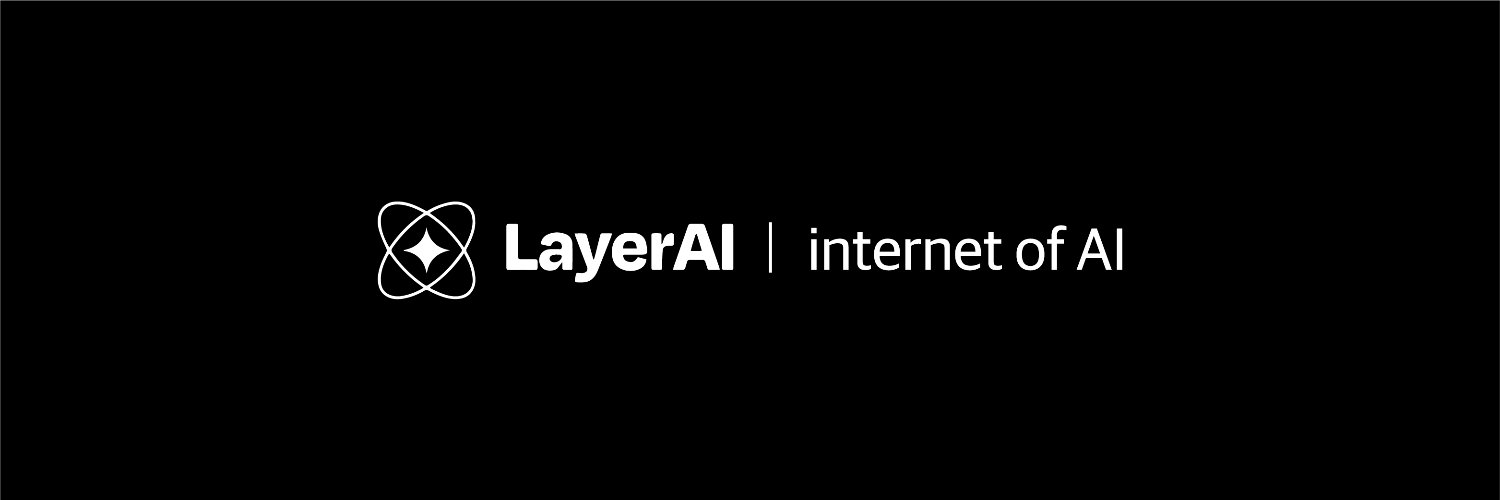 Website | X(Twitter)
Website | X(Twitter)
Sector – Artificial Intelligence
Status – Active
FDV – $188M
LayerAI is a specialized blockchain network explicitly designed for data monetization within AI models. Positioned as a sophisticated ecosystem, LayerAI is strategically developed to accelerate the growth of the data economy. It achieves this goal by leveraging the latest advancements in web2 and web3 technologies, complemented by integrating a tokenized economic framework.
At its core, the LayerAI ecosystem aims to empower individuals to participate in a transformative era where they have ownership, control, and the ability to capitalize on their most valuable digital asset – data. By providing a platform that enables users to monetize their data within AI models, LayerAI contributes to the evolution of the data economy, offering new avenues for value creation and economic empowerment.
- Zero-knowledge Layer 2 – LayerAI has developed its own zero-knowledge layer-2 network on top of Ethereum, utilizing zkRollup technology to transform data into a valuable asset. This network is designed to be low-cost, secure, safe, and private, providing users with a reliable platform for data monetization.
- LayerVPN – Users of LayerVPN can earn reward tokens by downloading the LayerVPN application and equipping their Data Capsule. The LayerVPN account is seamlessly integrated with the LayerAI Economy App, which serves as a web3 hub for the LayerAI economy.LayerVPN, paired with the LayerAI Economy app, will enable earning from contributing data to the network.
- KyotoX DeFi Hub – KyotoX serves as the DeFi Layer within LayerAI, operating as a decentralized finance hub tailored for tokenized AI startups that achieve significant scale. The core components of the KyotoX Hub include a Decentralized Exchange (DEX) for AI-oriented tokens, currently supporting ERC-20 standard tokens and planned integration with the LayerAI network upon its mainnet release. Additionally, KyotoX features a lending market designed for AI-oriented tokens, where significant assets in the AI subcategory can be utilized as collateral for decentralized and permissionless loans. The platform also offers an LP (liquidity provider) and vesting tool for AI communities, a crucial element for sustainable web3 ecosystems, enabling independent verification and timely vesting of assets.
- Layer Marketplace – Layer Marketplace is LayerAI’s NFT marketplace for Data Capsules, allowing users to trade NFTs that enable earning from data contributions. It serves as a gateway for retail users to earn by buying and selling Data Capsules, which monetize behavioral data. The marketplace onboards new users by facilitating their purchase of Data Capsules from existing users, acting as a complete user on-ramp into the LayerAI ecosystem.
Token
The $LAI token is a groundbreaking multi-value gas token that serves as essential fuel for network transactions within the LayerAI ecosystem. Its value is reinforced by various sources, including validator staking, cash flow from Core products, and the fee treasury, which can be utilized for liquidity events such as buybacks, burns, or expanded yield strategies. Stakers and holders of $LAI tokens benefit from various powerful utilities. One of the essential utilities of $LAI tokens is unlocking discounts across various ecosystem products, notably the LAI Data Market. This incentive mechanism could drive widespread adoption, as participants in the ecosystem are incentivized to hold and stake LAI tokens.
Where can you buy the token?
$LAI can be brought from exchanges like Bybit, Bitget and Gate.io.

